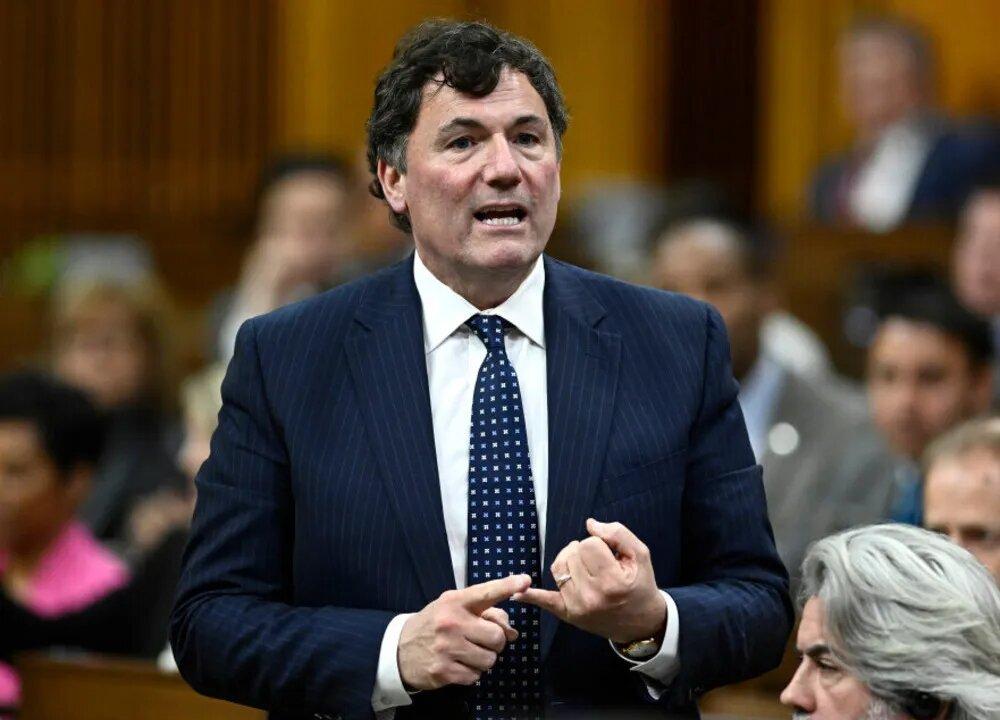The federal government remains undecided on its proposed process for launching some form of a public inquiry into allegations of foreign interference in elections, with Intergovernmental Affairs Minister Dominic LeBlanc saying cabinet is “not there yet” and needs to hold further talks on the matter with opposition party leaders.
“We have made significant progress,” Mr. LeBlanc told reporters during a press conference in New Brunswick on July 17, according to CTV News.





